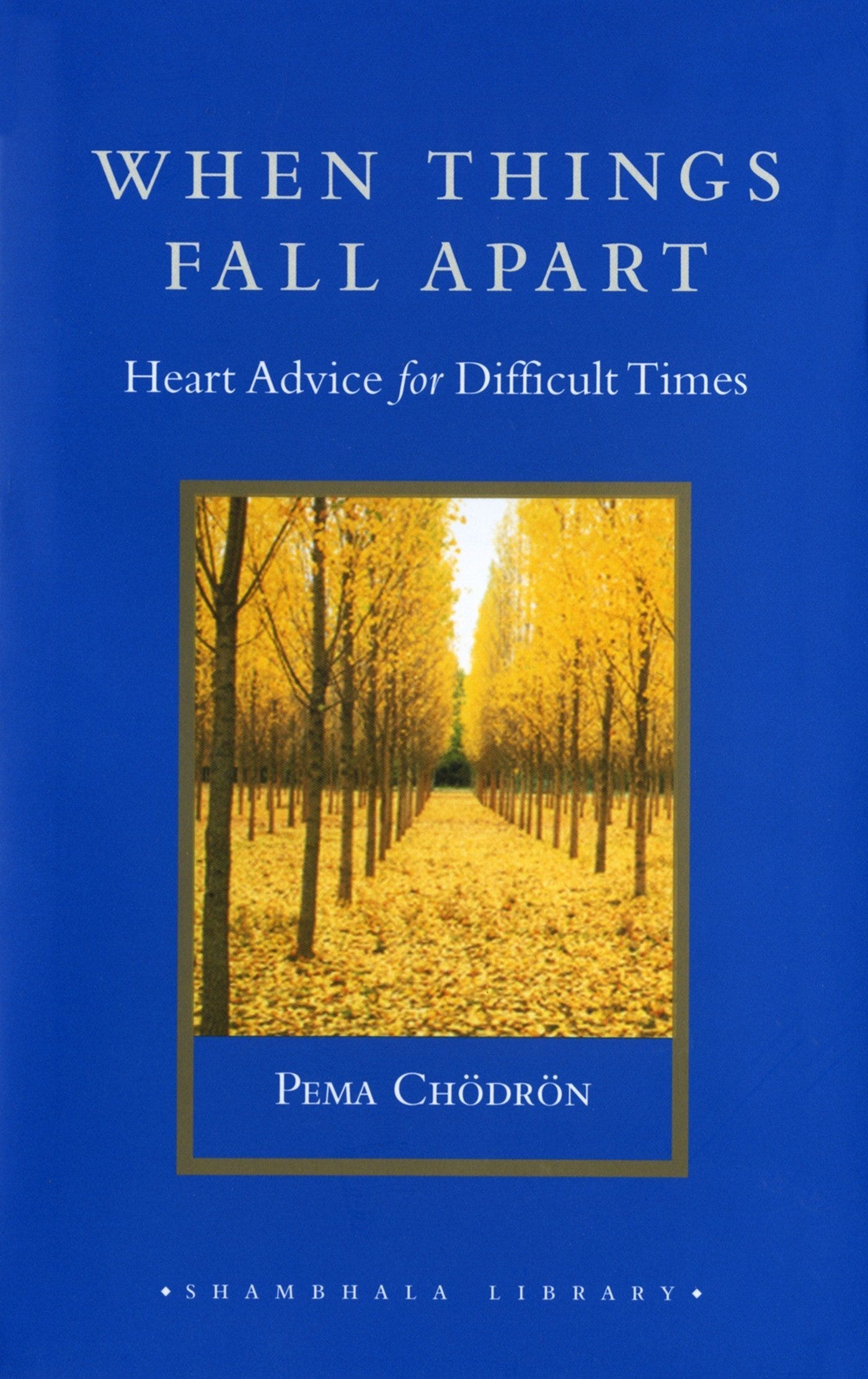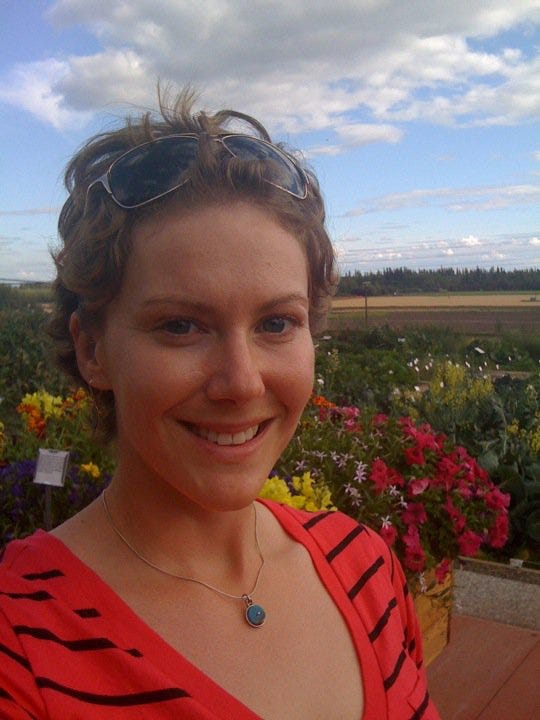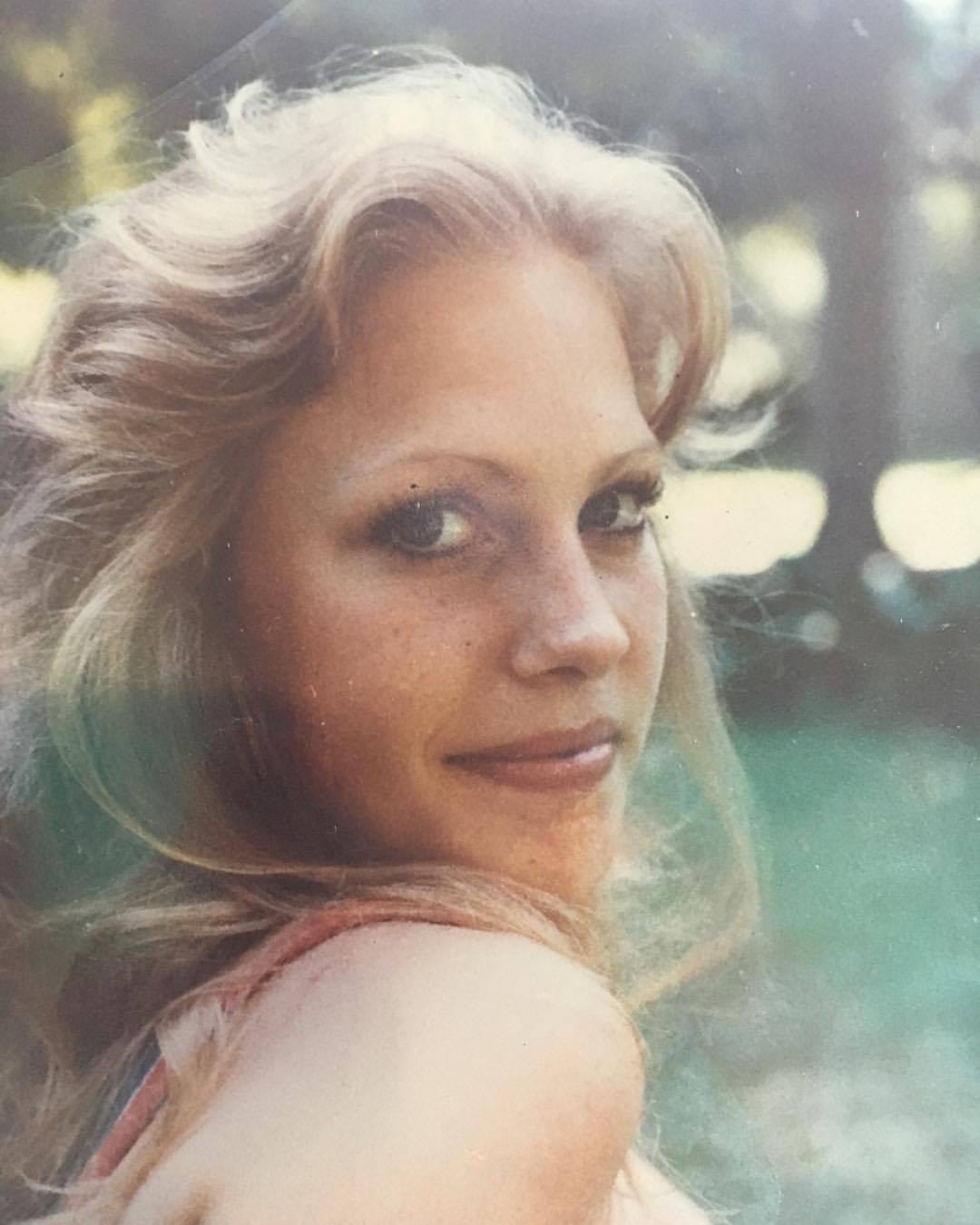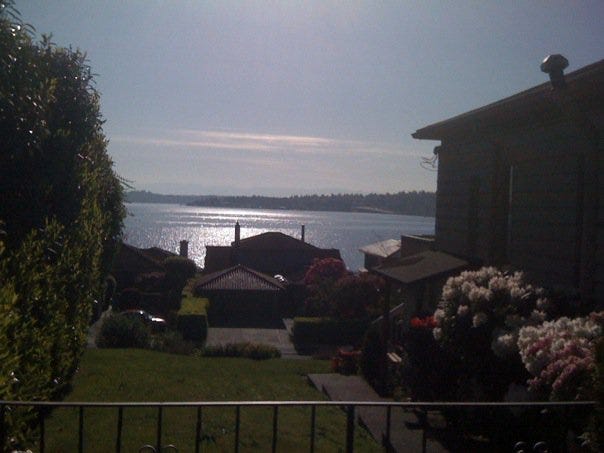Books That Saved Me
Finding refuge in an accessible, classic Buddhist text after my mother's suicide
(this post contains subjects that may be upsetting, including suicide and addiction. please take care of yourself)
I’ve been thinking a lot about what I have to offer with this newsletter. What do I have to give that is of value? Not valuable in the capitalist sense, but valuable in a sense of comfort? Because that is what I’ve always been drawn to as a writer— comfort and connection. It’s what I seek above all else in writing. I’ve had enough violence in my own life; I don’t need that in my books, though I am willing to witness violence if it means understanding someone’s personal experience or the shape of a character.
While I value formal complexity in fiction and nonfiction, that’s also not what I seek, at least not on its own. As a reader, I want to learn something from everything I read.
I wonder if everyone has books that have saved their lives. It’s not just me, I know this. Many writers who write books that may be scary to them, about their private and personal experiences (which is so much of what writing is about), understand that their writing is impactful and maybe even lifesaving. They understand this because they receive notes and emails from readers who feel seen by their work. I have been on both ends of this, receiving the notes and sending them.
So, in thinking about what I have to offer, I thought about what has saved me. The books that have saved me. I can offer them to you, and share what I learned from them, whether my learning is on a personal, spiritual, or artistic plane.
When Things Fall Apart by Pema Chodron
I moved to Fairbanks, Alaska in April of 2010. I was twenty-nine and had just spent nearly four excruciating months in Seattle. The previous December, my mom had called me after too many drinks and told me she had stage four colon cancer. She sobbed on the phone. I pictured her in her house; a shitty, falling apart rental overlooking Lake Washington. I pictured her sitting on the large black leather sectional that had once belonged to her and my stepfather. Her glass of white wine was probably sitting on the glass table she’d paid too much for; an antique table with ugly brass feet that resembled goat hooves.
I didn’t picture myself inheriting that table, or the couch, or the pain she buckled under.
That phone call wasn’t the beginning of something, but a continuation. I am leaving things out. I’m not giving you the details, except to say that almost a year earlier I had stopped speaking to my mom and started therapy, and that in the months before that phone call I had been incrementally picking up the pieces of a life I had blown apart too many times to count. That my mom had slowly cracked open the hard boundaries I enforced, complaining to relatives that I was breaking her heart, and then calling me to tell me about her health issues. That I had a folder of emails from her, ranging from sticky sweet to vulgar and violent.
As my mother’s only child, I hadn’t grown up being allowed to have my own opinions, emotions, or needs. It took me twenty-eight years to understand that I had no sense of self, and that this lack of self had resulted in bulimia, binge-drinking, drug use, and too many sexual partners to count.
When my mom told me she had colon cancer, that she was dying, the first thing I thought was she’s lying, followed by a heavy dose of shame and guilt for doubting her.
Because I was my mother’s only child, and because I loved her (and love her) deeply, I flew out for Christmas to assess the situation. The visit only increased my confusion. My mom wouldn’t discuss her cancer. She was visibly altered from the previous summer, when I’d seen her last and stayed with her for a few days, sick with the flu. My mother, historically obsessed with her appearance, was barely recognizable. Her skin was ruddy and unwashed; her roots revealing that her blonde hair had grayed long ago, stringy with grease. More than that, her eyes were empty. I’d seen them empty before, many time, but this time she wasn’t drunk.
On my first night there she drank to blackout and alternated between rage and despair, cataloging the wrongs she’d suffered at the hands of her siblings, her friends. It was clear she’d been stewing in her own juices for a long time. For over a year she’d been unemployed, laid off from her high paying job as a project manager. Her younger boyfriend had left her once the money from her divorce settlement ran out. I didn’t know it then, but over the course of three years my mother spent her entire half a million dollar divorce settlement, mostly on wine.
“As human beings, not only do we seek resolution, but we also feel that we deserve resolution. However, not only do we not deserve resolution, we suffer from resolution. We don't deserve resolution; we deserve something better than that. We deserve our birthright, which is the middle way, an open state of mind that can relax with paradox and ambiguity.” -Pema Chodron
My mother’s life wasn’t easy. She grew up surrounded by abuse that was both inflicted on her and her siblings and self-inflicted by her mother, who was an alcoholic and opiate addict when my mom and her siblings were young. The way one of my uncles describes it, my mom and her three siblings were islands. They were pitted against one another, and there was never a strong bond between any of them. Survival of the fittest, as they say. Competition was the norm with her older sister, who got pregnant at sixteen. My mom was a sensitive child, not unlike me, and longed for connection. She longed to be loved. Yet she was also volatile and unpredictable.
She left home at sixteen for Ketchikan, Alaska. There, she worked as a dancer. There, she was sexually assaulted for the second or third time. Before she left her hometown of Kirkland, WA, her high-school boyfriend died by suicide. This experience never left her.
Eventually, she made her way down to Los Angeles, where she met my father, seventeen years her senior. He was a Scientologist, so she decided to become a Scientologist. They had me in Los Angeles, then moved out to the desert to live and work at Sea Org.
When I look at my mother’s life, separate from my own, I see a succession of traumas. When I look at our lives collectively, can see clearly that my mother, who had no sense of self and lacked self-love, was incapable of loving me beyond my young childhood. As soon as I had agency, it was too much. As I got older I was not a person but a vessel into which she poured her rage and anger. This was safe for her, because I was loyal. I told no one. Not until I was older, and understood that my life wasn’t normal (if there is a normal childhood to be had). Because my mom was able to discharge her rage onto me, and because I was always forgiving, she was also able to turn a face to the world that was charming, gregarious, friendly, kind. Because of this, no one thought anything was wrong.
After those four months in Seattle, I flew to Fairbanks. I don’t know what I thought would happen. For those four months I worked as a night housekeeper at a gym and, most days, went to my mother’s house, where we watched movies and I watched her drink, always leaving before she blacked out. In retrospect, I am grateful for that time with her. She was mostly timid, except for a few terrible and wounding outbursts. I let this timidity exist by never pushing too hard. Never asking her outright if she had cancer, although by that point I was fairly sure she didn’t.
My mom didn’t want me to go to Fairbanks. She wanted me to move in with her, into the empty, dark downstairs unit she’d neglected to fill with a tenant. Before I left she got upset with. me about not doing that. She told me I was abandoning her. But on the day I went to the airport, after selling my Jeep, we hugged. We were both crying. Our tears intermingled as our cheeks pressed together. It was the last time I’d see her alive.
In When Things Fall Apart Pema Chodron engages a lot with the concept of instability. She encourages her reader to accept instability. To give up hope. To understand that we can truly know nothing, predict nothing, and understand nothing.
“We are like children building a sand castle. We embellish it with beautiful shells, bits of driftwood, and pieces of colored glass. The castle is ours, off limits to others. We’re willing to attack if others threaten to hurt it. Yet despite all our attachment, we know that the tide will inevitably come in and sweep the sand castle away. The trick is to enjoy it fully but without clinging, and when the time comes, let it dissolve back into the sea.” -Pema Chodron
It was only a couple weeks after I arrived in Fairbanks that I did what I couldn’t do in Seattle. I called my mom and asked her. I’d bought a beater Ford Ranger and was sitting in it, parked in the Fred Meyer parking lot. Mom, I want you to know that it’s okay if you’re lying about the cancer. It’s okay. We’ll all still love you. Just please tell me. Be honest.
I said this, and my mother sucked in a sob. Composed herself. I’m sorry you feel that way.
Two weeks later, I paced my yurt. It was Friday evening, and I was supposed to go out to a bar with my co-workers. I’d spoken to my mom earlier in the week; we were planning for me to visit in June. Now, I couldn’t reach her on the phone. This was unusual. Not just unusual, impossible. Despite my fraught relationship with my mother, we were on good terms. Even if we weren’t, she was always reliably there. I called and called, gripped by a dread I’d never felt before. I knew something terrible had happened. But I didn’t imagine the most terrible thing. Instead, I imagined a fall. Her laying on the stairs to the lower apartment, unable to get up. I filled her voicemail box. I called several of her friends. Finally, late in the evening, one of them promised to go to her house and check on her the following morning.
I spent the night pacing my yurt. Sobbing. Sitting on my wood plank bed. The sun didn’t set; a circle of light traced its way across the floor of the yurt, dimmer and dimmer. The birds chirped. Finally, I fell asleep for a couple hours.
The next morning my mom’s friend called. She was at my mother’s house. The door was locked. Her car was there. Should she go inside?
“Trying to run away is never the answer to being a fully human. Running away from the immediacy of our experience is like preferring death to life.” -Pema Chodron
I will not tell you everything. You don’t need to feel that agony. You cannot. Or, maybe you have. I will tell you: no one told me how she died until I arrived at my mother’s house, on Mother’s Day 2010. On my flight from Fairbanks to Seattle I gazed out into the pink sky and pictured my mom’s spirit, thinking she had died from cancer.
I spent a week at my mother’s house. Two of her close friends helped me manage things. We had a makeshift memorial. Everything was rushed and haphazard. I had very little money. My mom had left me notes. Two thousand dollars in cash, which was all she had left. She left many notes, for many people. I am grateful the ones for me were kind. In one of them, she apologized. "I’m sorry for lying about the cancer. I asked for an autopsy, and it was confirmed. No cancer.
After that week, in which the weather in Seattle was unseasonable sunny and clear, I flew back to Alaska. Two days later, I was on a remote fire in the Alaskan Wilderness, surrounded by bears and men. I was learning how to work with helicopters.
I carried When Things Fall Apart with me everywhere in my line pack. Its pages were dog-eared and grimy, its sentences and passages underlined. I held onto it for dear life. What did it tell me? That there was nothing to hold onto. That nothing was safe or secure. That everything dies and goes away. That the best thing we as human can do is keep a soft and honest heart in the face of these constant deaths. That the best we can do is be kind to ourselves, and face ourselves with a brutal and compassionate honesty.
When my mom died, relatives suggested telling people she had died by cancer. I refused. This felt like carrying on the very thing that had killed her. These lies. These lies we tell ourselves. No one taught me more than my mother taught me about honesty.
“We can use our personal suffering as the path to compassion for all beings.” -Pema Chodron
By mid-summer, I had a breakdown. We were in Wrangell-St. Elias National Park, in a region accessible only by plane. I started crying. I could not stop crying. Before that moment I’d saved my crying for the evenings, when I was alone in my tent. I cried silently, holding my breath, squeezing my palms against my forehead as if to keep myself from dissolving. It wasn’t really crying. It was just enough to keep going.
I couldn’t stop crying, and I flew home for a week. I visited my stepfather in Olympia— he didn’t seem to understand that I was mourning. I took my mother’s ashes and haphazardly dumped them into the sea. As they fell from their plastic bag I dissociated and my consciousness rose to sky level; I was a speck on the earth. I was nothing. I was alone.
When I think about that first year after my mother’s death, I often wonder how I survived. I feel so much compassion for myself, and I wish I could go back, just for a moment, and visit my younger self. Hold myself and tell myself how good I am doing. But it’s not a stretch to say that I need that now, too. And I can give myself the compassion I needed back then. And others, too.
The most important thing I learned from When Things Fall Apart is a kind of steadfast presence. That no matter how much it hurts, presence is vital. As someone with CPTSD, I understand that dissociation is inevitable, but bringing myself back to presence is necessary in order for me to see myself clearly.
I don’t think that I have a stable sense of self. I don’t see this as a bad thing. I am aware of my mutability because I have been obliterated. I was one self, and now I am another. There are personality traits I share with my past self,. but mostly my obliteration involved the dissolving of the self I needed to be in order to survive. My defended self. I am more vulnerable now. Things hurt more than they used to. I don’t lie to myself like I used to.
When I look closely at my life, and my culture, and the world, I see nothing but constant transition, constant conflict and change and instability. This is comforting to me. There is no “there” to arrive at. In no future moment is my life going to be free from disturbance. And yet, within that constant movement I can always find peace and stillness. Within each moment. Being present in each moment, accepting myself as I am; my fragile, fucked-up self, always messing up and trying and failing to do good.
Can I fully accept that I don’t know anything? The more I can allow myself to do that, the more at peace I feel. I know nothing. Everything is mysterious. My life doesn’t make sense. It is not about what I deserve, or retribution. The wind blows, the leaves on the trees flutter, my body breathes, and I am here. Someday I will not be here. And then I will be somewhere else, or I will not be. I don’t know.
Recently, a friend asked me about my mother’s death. I told her that everyone I knew who was close to my mother in some way had come to a conclusion about her death. A reason why she did it. A reason why it happened.
I haven’t. Because settling on any explanation of her death is a lie. I’ll never know why she did what she did. I’ll never know what her life could have been. I’ll never know who I would be were she still alive.
I’ll never lie about what happened. I’ll never be ashamed of it.
And, I forgive her. I forgave her long ago. Because she did nothing to me. It wasn’t about me at all. The more I can absorb that, the more I can let what happened be what it is, instead of having to make it different in order to accept myself.
This is what Pema taught me. To be so compassionate, ferociously compassionate. To love myself so much that I will not lie to myself, even if lying to myself would make my life easier. Because one lie is never one lie. Once we lie once, we must lie again, and again, until we have surrounded ourselves with a structure that requires monumental upkeep. And what happens under the weight of that structure? What do we have to do in order to defend it, and keep it upright? Who do we have to silence?
Thank you so much for reading. Please feel free to share this with others, either by forwarding this email or screenshotting and sharing on social media.
Share your thoughts with me by leaving a comment.
Please consider becoming a paying subscriber and supporting this work.
While working on this piece I found this episode of On Being where Devendra Banhart talks about When Things Fall Apart. It’s worth a listen.









